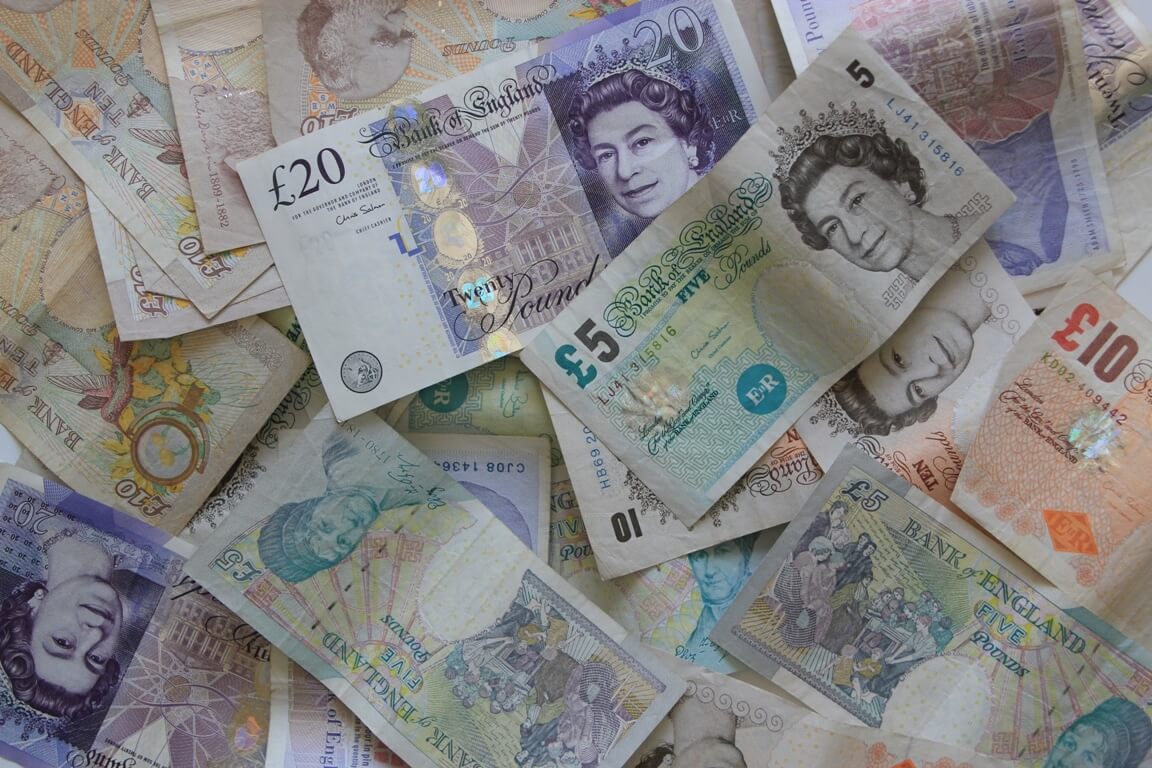
Euro and Sterling Fell as Covid-19 Caused Mayhem in Britain
The Euro and the Sterling declined on Monday as investors turned to the safe-haven U.S. dollar. The United Kingdom announced new restrictions due to a new fast-spreading Covid-19 strain. Moreover, the final results of Brexit talks remain uncertain.
The British Pound plunged close to 2% versus the dollar in morning trading. Prime Minister Boris Johnson spoke about an emergency response meeting. He wants to discuss international travel, as well as the flow of freight in and out of Britain.
Meanwhile, much of Europe has cut off transport with Britain, causing chaos for companies and families just days before Britain exits the EU.
Commerzbank strategist Ulrich Leuchtmann noted that the British horror stories of a shortage of goods after a hard Brexit are materializing. However, that’s happening for a completely different reason.
Fears that the United Kingdom will exit from the EU without a trade deal on January 1 are adding to the transport crisis caused by the new strain of the coronavirus.
On Sunday, Britain declared that the EU should shift position, and thus open the way to a post-Brexit trade deal. However, they still haven’t reached a breakthrough. As a result, the Sterling tumbled down by 1.85% at $1.3277 on Monday.
Meanwhile, the Euro also plummeted down against the dollar, lowering by 0.74% at $1.2169. On the other hand, the common currency jumped by 1.26% at 0.9170 pence versus the Pound.
How did the U.S. dollar fare?
On Monday, the U.S. dollar rose against major currencies as traders sought its relative safety while many countries restricted coronavirus lockdowns.
Before rebounding, the greenback plunged to two-and-a-half-year lows last week. This was due to optimism that Covid-19 vaccines would help to boost global growth.
The U.S. dollar index soared by 0.38% to 90.625, after trading 89.723 on Thursday for the first time since April 2018. The greenback also increased by 0.32% to 103.62 against the Japanese yen.
On the other hand, the risk-on Antipodean currencies lowered at the start of the holiday-shortened trading week as traders moved on safe-haven assets. The Australian dollar declined by 1.24% to 75.295 U.S. cents.
-
Support
-
Platform
-
Spread
-
Trading Instrument




